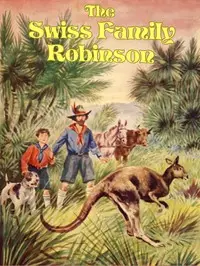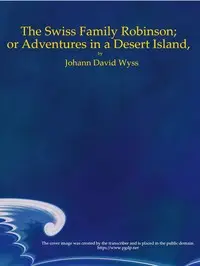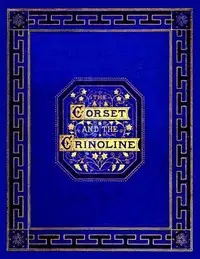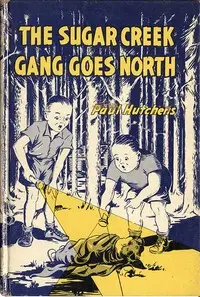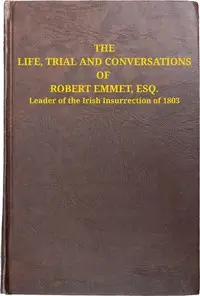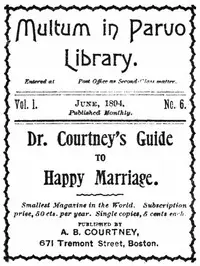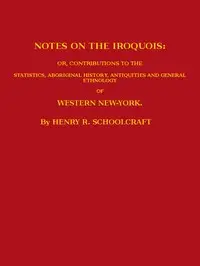"The Family Robinson Crusoe: or, Journal of a Father Shipwrecked, with His Wife and Children" is an adventure novel written in the early 19th century. This work serves as a family-oriented retelling of the classic Robinson Crusoe story, focusing on the theme of survival after a shipwreck. The narrative follows a father, his wife, and their four sons who find themselves stranded on an uninhabited island, emphasizing their struggle to adapt to their new environment and the family dynamics involved in overcoming adversity. The beginning of the story depicts the family's harrowing experience of being shipwrecked during a violent storm. The father provides emotional support to his terrified children, highlighting themes of faith and resilience during their darkest moments. As they face the immediate dangers of the sea, he devises a plan for survival and encourages the family to work together in preparation for potential escape or sustenance. The narrative sets the stage for the family's resourcefulness, revealing their initial forays into survival as they explore their new abode and gather necessary supplies, setting in motion the adventures that follow. (This is an automatically generated summary.)
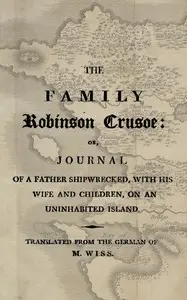
The family Robinson Crusoe : $b or, journal of a father shipwrecked, with his wife and children, on an uninhabited island.
By Johann David Wyss
Later published with the title: The Swiss family Robinson.
Johann David Wyss was a Swiss author, best remembered for his book The Swiss Family Robinson (1812). He was born and died in Bern. It is said that he was inspired by Daniel Defoe's Robinson Crusoe, but wanted to write a story from which his own children would learn, as the father in the story taught important lessons to his children. The Swiss Family Robinson was first published in German in 1812, then translated into English two years later. The book was edited by his son, Johann Rudolf Wyss, a scholar known for writing the Swiss national anthem, Rufst du, mein Vaterland. Another of Wyss's sons, Johann Emmanuel Wyss, illustrated the book. Johann David Wyss died in 1818 at the age of 74. He lived longer than his son Johann Rudolf, who would die twelve years later at the age of 48.


